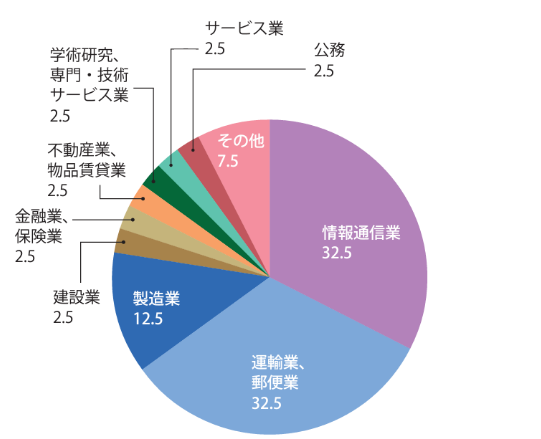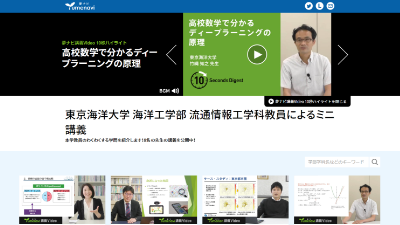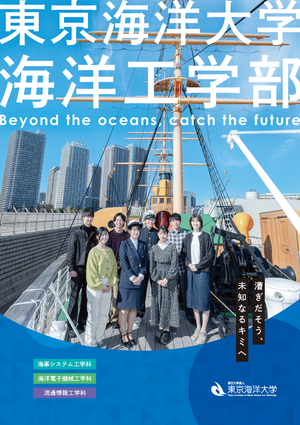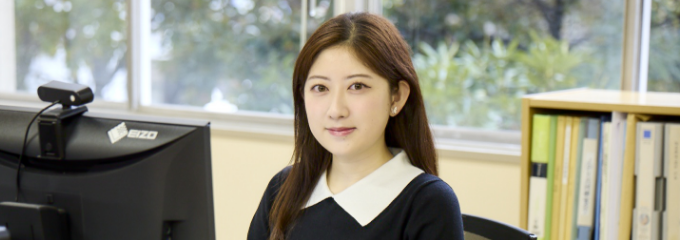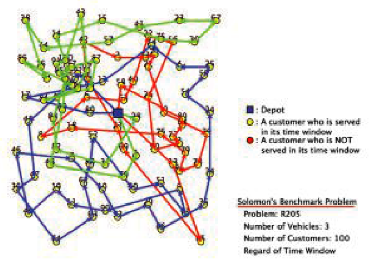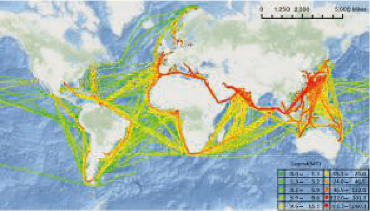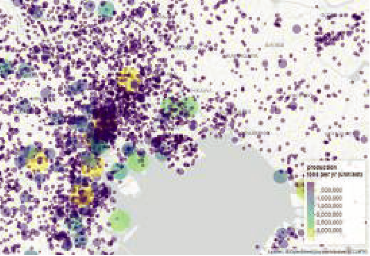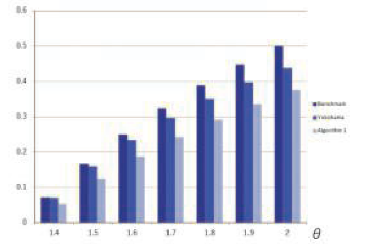1. Graduation Certification/Degree Award Policy
In the Department of Distribution Information Engineering, we are interested in the logistics that support Japan's food supply, the information systems that make them highly functional, and issues related to global economic activities, including environmental measures, and we aim to acquire specialized knowledge. We will award an academic (engineering) degree to those who have acquired a wide range of knowledge and a rich sense of humanity, as well as the advanced skills necessary to understand and solve problems, and the ability to be successful internationally. .
2. Learning outcome goals
(1) Broad perspective and cultural background
(Learning Outcomes) Students will acquire a broad perspective, ability, and cultural background that will form the basis of international exchange.
(Achievement indicator) Students must have completed a wide range of general subjects and specialized introductory subjects related to a wide range of perspectives, abilities, and cultural background, which are the foundation of international exchange.
(2)Communication skills
(Learning Outcomes) Have acquired communication skills backed by a wide range of knowledge and an international perspective, which are necessary as an engineer.
(Achievement indicators) Students must have acquired a variety of communication skills that enable them to collect and disseminate necessary information. Obtain sufficient evaluation in writing reports for experiments, practical training, and exercises, writing graduation thesis, and presenting graduation thesis.
(3)Specialized knowledge/problem-solving ability
(Learning outcomes) Possess specialized knowledge in engineering, information, and social science related to distribution, logistics, etc., and acquire the ability to utilize this knowledge to solve problems.
(Achievement indicator) Students must systematically study introductory courses and specialized courses, from basics to advanced courses, and acquire a sufficient amount of wide-ranging specialized knowledge. Students must have completed subjects such as experiments, practical training, seminars, and graduation research that will foster problem-finding, problem-solving, and creativity.
(4)Practical instruction/leadership
(Learning Outcomes) Students will acquire the practical leadership skills and leadership required as leaders in society.
(Achievement indicators) Students must have completed experiments, practical training, seminars, and graduation research subjects that will enable them to develop leadership skills and the ability to exercise leadership in a group. Obtain sufficient evaluation in writing reports for experiments, practical training, and exercises, writing graduation thesis, and presenting graduation thesis.
(5) Ability to make decisions and act on one's own
(Learning Outcomes) Have acquired the ability to proactively tackle challenges, think logically, and make accurate judgments and actions.
(Achievement indicators) Students must have completed subjects such as experiments, practical training, seminars, and graduation research that will enable them to develop the ability to make decisions and take action on their own.

